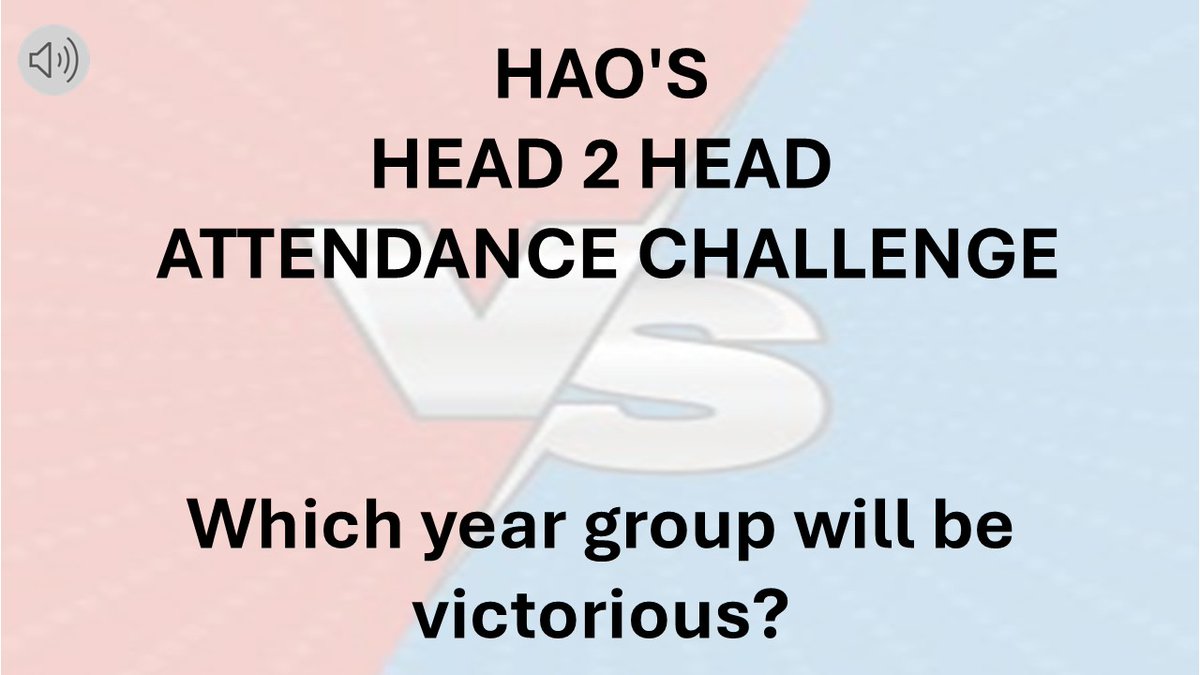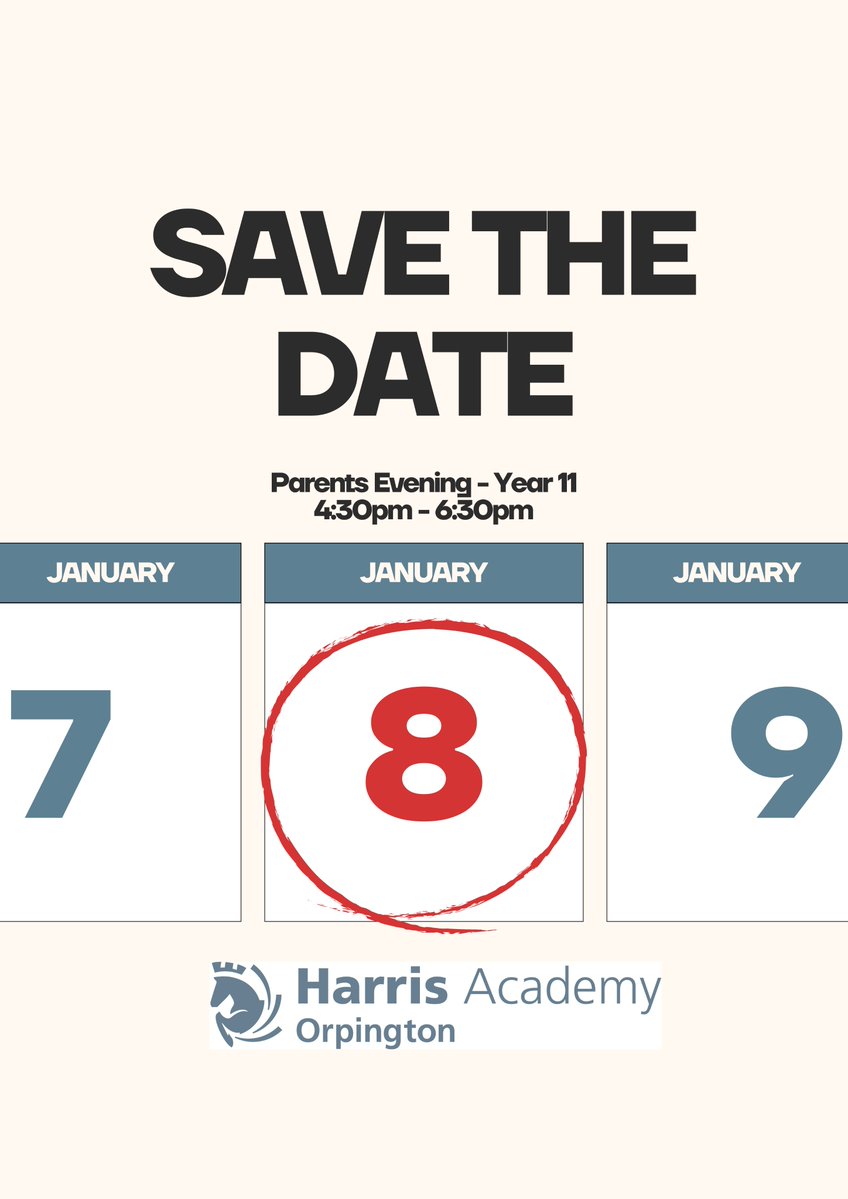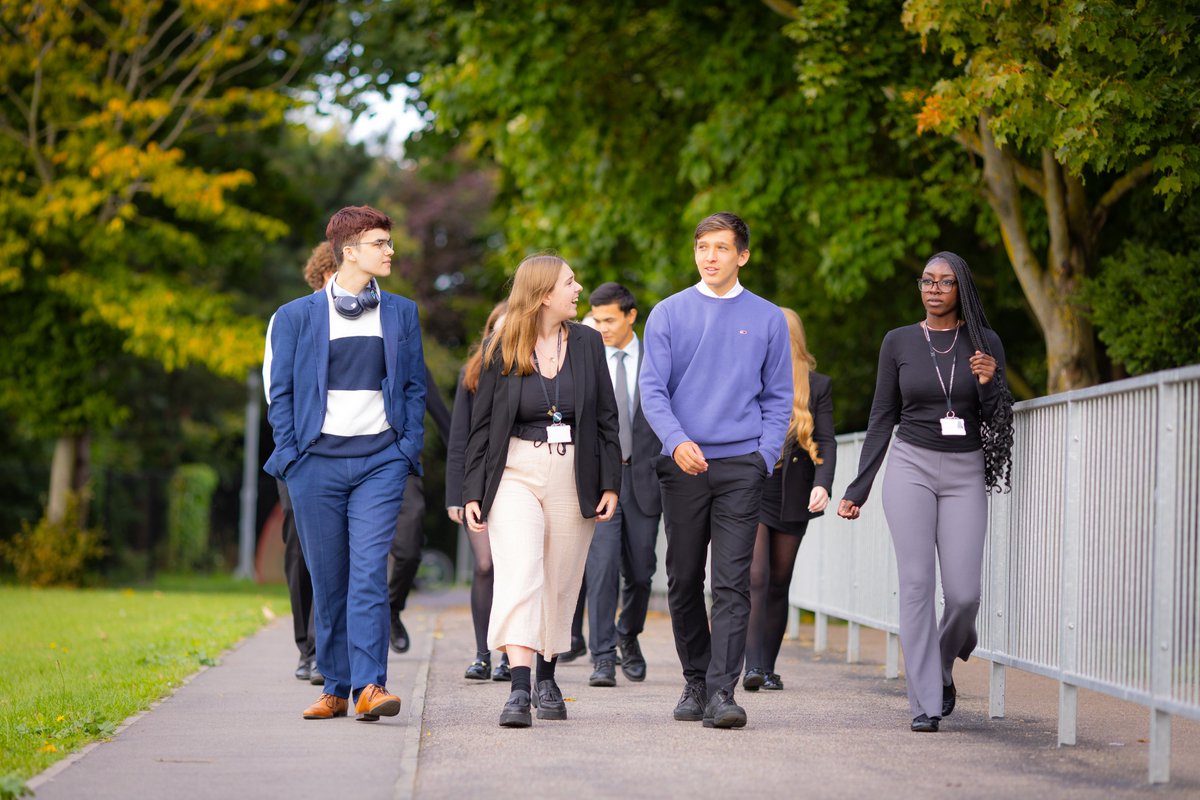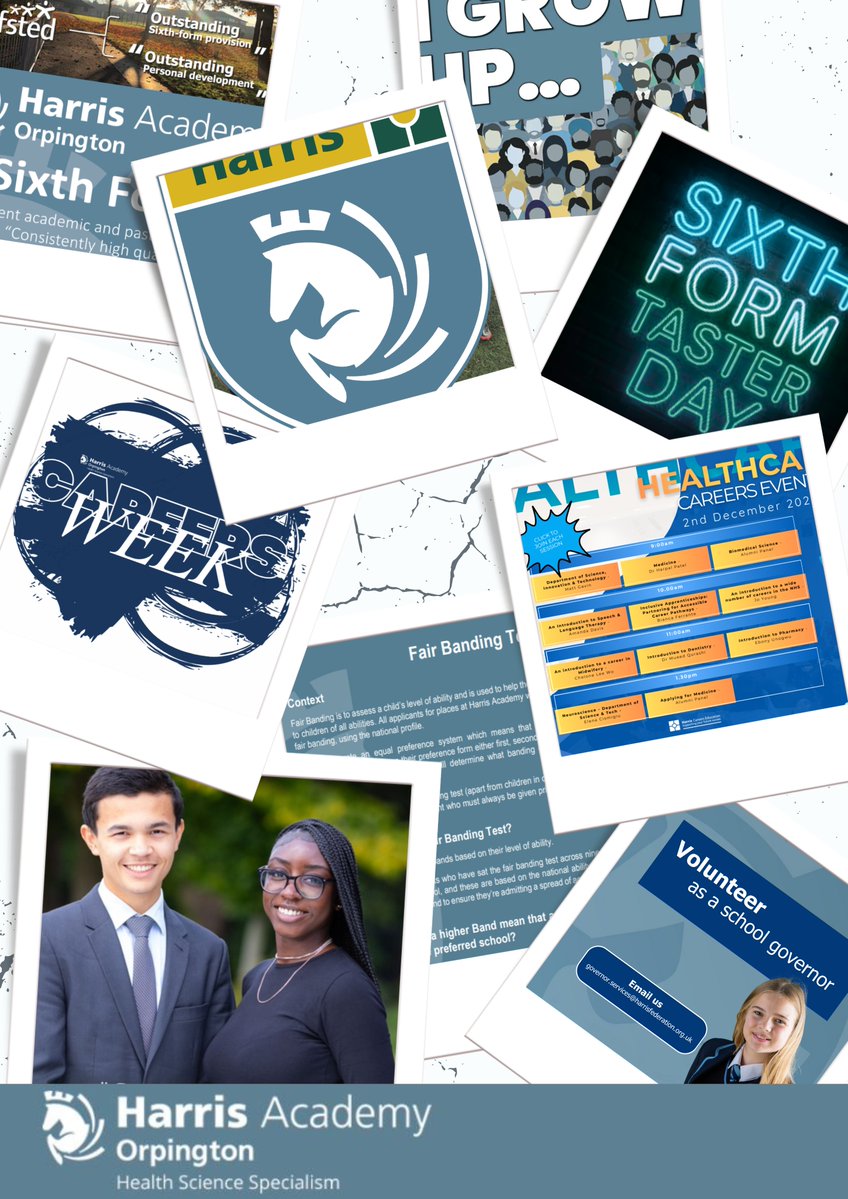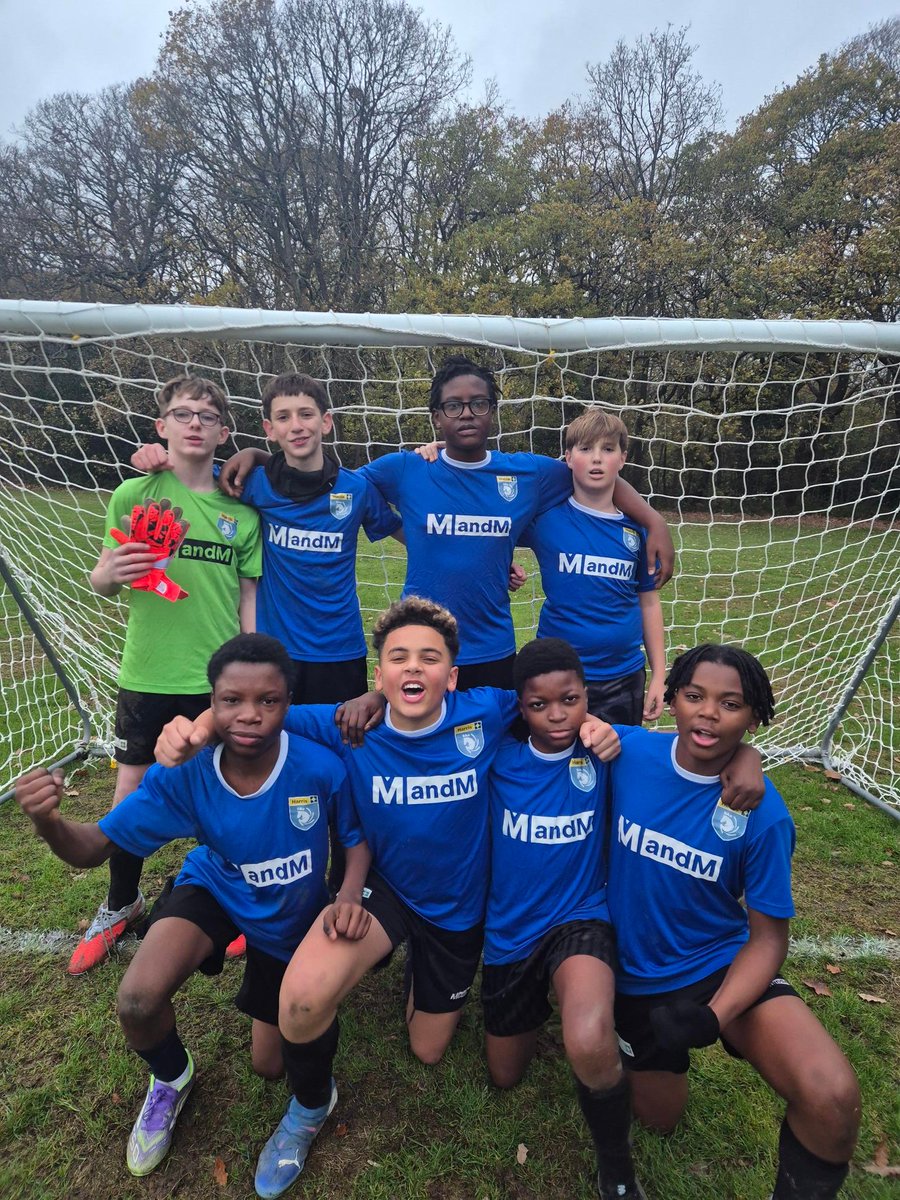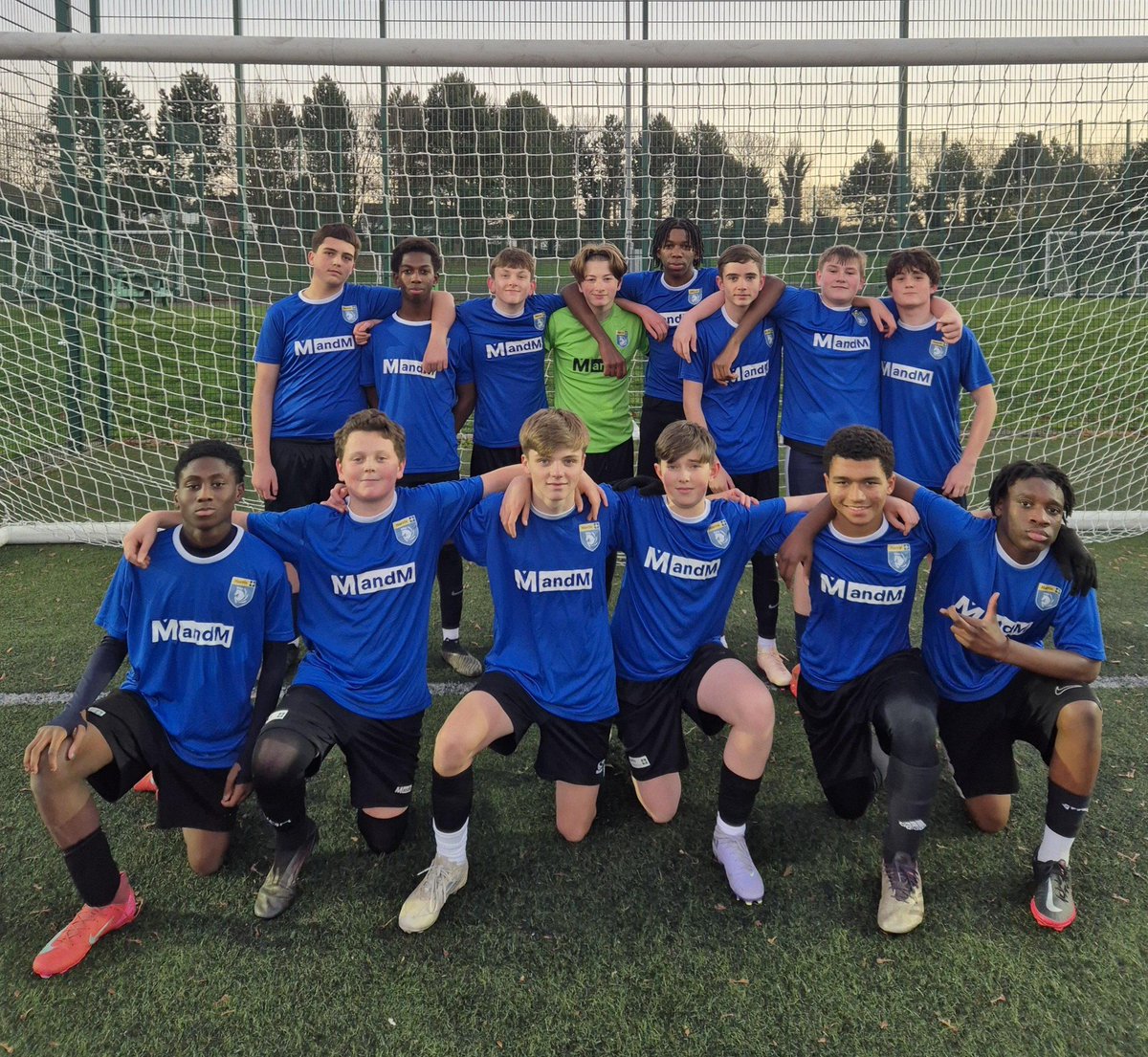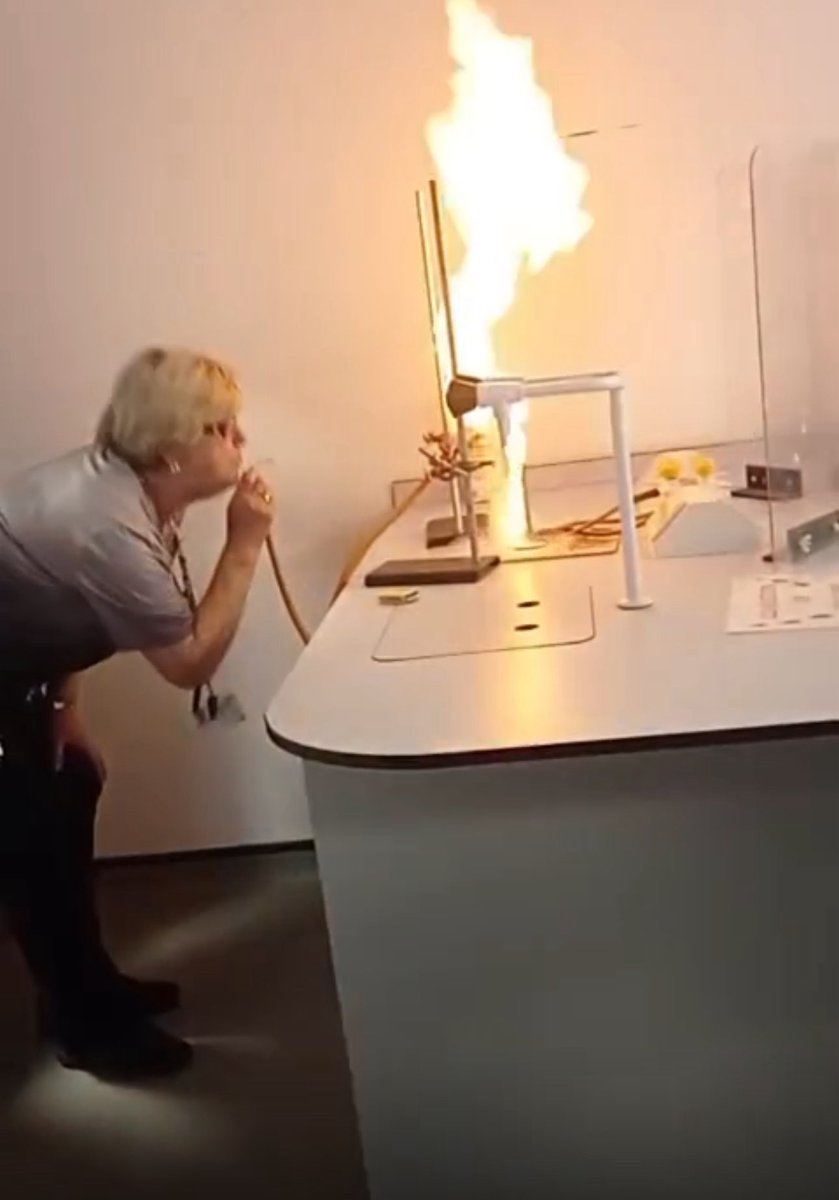Physical Education
What is the intention of the curriculum?
We endeavour to provide positive experiences to promote lifelong engagement in sport and exercise; as well as offering individuals opportunities to achieve their optimum potential in physical education.
Sport plays an important part in the life of the school Harris Academy Orpington seeks to enable each student to pursue their chosen sport to the highest level whilst providing all members of the school with the opportunity to enjoy and experience a variety of physical activities. Additionally, the development of personal skills within a social setting can be enhanced by participating in an appropriate and sensitively designed Physical Education programme.
· To promote a healthy active lifestyle – both to develop and retain a rich knowledge of health and fitness; and to ensure students possess the physical skills to do so.
· To provide opportunities to expand their involvement and experiences in sport through our extracurricular programme.
· To apply physical education curriculum that incorporates the 3 domains of learning – the Hands (motor competency), the Head (cognitive competency), and the Heart (attitude to learning and participation):
HANDS: To help students build a number of motor skills and physical competency.
HEAD: To increase understanding of rules, techniques, tactics and strategies to excel in activities, sports, and games.
HEART: To explore and enhance feelings, attitudes, and values in sport such as resilience and teamwork.
Key Stage 3
Year 7, 8 and 9 Physical Education is focused upon developing students' competence and confidence. Our curriculum is broad and balanced as we offer a vast array of sports and activities. These include games, gymnastics and athletics-based sports, as well as and fitness related sessions. Students
Students in Year 7 get to experience dance and gymnastic activities along with throwing and catching invasion games, with the purpose of giving them a chance to develop their physical literacy and physical skills and knowledge. In year 8 students get to experience Outdoor Adventurous Activity in the form of team building and orienteering as part of their curriculum to foster and promote important problem solving and team-building skills. In the summer term of Year 9 students get to experience our alternative sports of Ultimate Frisbee and Lacrosse, again providing more opportunities to students to experience sports that are not usually available to them and to challenge them further.
We strongly believe in an inclusive curriculum and this is represented in our approach. All students will get the opportunity to participate in the sport provide with no exception. Additionally as part of our inclusive approach, all our classes at Key Stage 3 are mixed ability and mixed gender. We believe this helps break down barriers and eliminates misconceptions around certain sports, as well as builds confidence, resilience, team-work and problem solving skills in our students.
Furthermore, Key Stage 3 Physical Education lessons allow students to work as individuals and in groups and teams, developing notions of fairness and personal/social responsibility. Students will take on different roles and responsibilities, including leadership, coaching and officiating. Through the range of experiences that PE offers, students learn how to be effective in competitive, creative and challenging situations.
Aside from the curriculum students have the opportunity to further develop and consolidate their practical ability through the academy’s enrichment programme as well as extracurricular clubs and competitions.
The added intention is to ensure that students study a range of sports and activities that are very broad and balanced.
Activities on the key stage 3 curriculum include;
- Games (netball, rugby, basketball, rounders, cricket, badminton, tennis)
- Gymnastics & dance
- Athletics
- Fitness
Key Stage 4
Year 10, 11 Physical Education core curriculum is focused upon encouraging students to engage in physical activity in an effective and enjoyable manner so that they make informed lifelong decisions about health and fitness in their future lives. Lessons enable students to consolidate what has been taught at Key Stage 3, but also to develop the ability to use tactics, strategies and compositional ideas developing students' competence and confidence. Our curriculum remains broad and balanced as we offer a vast array of sports and activities and introduce alternative activities from those delivered at key stage 3. As a department we work with the students to deliver activities which we think will encourage their lifelong participation. This allows the students to feel ownership over the curriculum and increase motivation whilst at the same time ensuring that all students participate in a good range over the academic year. We also encourage students to undertake different roles and responsibilities, demonstrating to students that participation takes on many forms for example; a coach. By allowing students to have an ongoing experience of a range of sports, activities and roles, we hope students have a better experience and further encourage a lifelong participation in sport and exercise.
Activities on the key stage 4 curriculum include;
- Games (football, netball, rugby, basketball, rounders, cricket, badminton, tennis, volleyball, handball, softball)
- Athletics
- Fitness
- OAA
Additionally, at Key Stage 4 students have the opportunity to study Cambridge National Level 2 Sport Studies. This pathway is suited to highly motivated sporting students who partake in extra-curricular activities or play regular sport outside of school. It provides an educational base to enable each student to progress either to a PE A level or vocational qualifications at level 3.
The course content includes;
- Unit R184: Contemporary Issues in Sport (Externally assessed). This unit looks at what the issues are for people trying to take part in sport, how sport promotes values, what implications there are for hosting major sporting events, the role of National Governing Bodies in sport and technology involved in sport.
- Unit R185: Performance and leadership in sports activities (Internally assessed coursework). This unit develops an understanding of the key components to participate in sport, participating in a chosen sport to a high level and planning, delivering and review your own sports session.
- Unit R186: Sport and the media (Internally assessed coursework). This unit explores the role of different media sources in sport, looking at the positive and negative impacts it can have on sport.
Key Stage 5
Students in Year 12 and 13 have the opportunity to study Physical Education further through either a Level 3 Extended certificate or Level 3 Diploma with Cambridge Technicals in Sports and Physical Activity. These pathways help expand upon the knowledge achieved in KS4 but are also appropriate for those looking to study Physical Education for the first time. Students who are highly motivated, organised, resilient and who have a considerable interest in sport are best suited to this course. This course consists of units that are assessed both internally and externally, with the units covering a broad range of topics within the scope of physical education and offering the learner a comprehensive understanding of physical education and enabling each student to progress into further education if they wish to.
The course content includes;
- Unit 1: Body systems and the effects of physical activity (Externally assessed)
- Unit 2: Sports coaching and leadership
- Unit 3: Sports organisations and development (Externally assessed)
- Unit 4: Working safely in sport, exercise, health and leisure (Externally assessed)
- Unit 5: performance analysis in sport and exercise
- Unit 8: Organisation of sports events
- Unit 11: Physical activity for specific groups
- Unit 13: Health and fitness testing for sport and exercise
- Unit 17: Sports injuries and rehabilitation
- Unit 18: Practical skills in sport and physical activities
- Unit 19: Sport and exercise psychology
How will this be implemented?
KS3 Core PE
- Nine sports are planned across one year and delivered in 4 weeks blocks on a rotation over a term. Each sport has been designed to include opportunities for pupils to develop the three domains of learning.
- We actively encourage staff to interpret the medium-term plan and the five to six activities to be appropriate for their class context, ability and interest.
- The medium-term plans have been planned for Harris Academy Orpington staff to follow and utilise i.e. 4-6 lessons (approximately one half term)
KS4 Core PE
- Six to eight sports are planned across one year and delivered in a half-termly rotation. Each sport has been designed to include opportunities for pupils to engage in physical activity in an effective and enjoyable manner so that they make informed lifelong decisions about health and fitness in their future lives.
- We actively encourage staff to interpret the medium-term plan and the five to six activities to be appropriate for their class context, ability and interest.
- The medium-term plans have been planned for Harris Academy Orpington staff to follow and utilise i.e. 4-6 lessons (approximately one half term)
KS4 Examination PE
- 120-guided-learning-hour qualification (equivalent in teaching time to one GCSE) is planned across two years.
- The Long- Term Plan and Medium- Term Plans have been planned for staff to follow and utilise i.e. one unit per one-and-a-half terms). Staff set agreed tasks in line with the assignments briefs for each unit.
- The majority of the units are assessed through internal assessment, which means that we can deliver the programme in a way that suits our learners.
- Pupils are given all the preparation, feedback and support they need to undertake an assessment before they begin producing their evidence.
KS5 Examination PE
- 360-guided-learning-hour qualification for the extended certificate (equivalent in teaching time to one A-Level) and 540-guided-learning-hour qualification for the diploma (equivalent in teaching time to two A-Levels) is planned across two years.
- Lesson structure and long-term planning follows the same format as Key Stage 4 lessons, other than an increased emphasis on independent learning so lessons are focused on depth of knowledge and application.
- The majority of the units are assessed through internal assessment, which means that we can deliver the programmes in a way that suits our learners and which relates to the local need.
- Pupils are given all the preparation, feedback and support they need to undertake an assessment before they begin producing their evidence.
To monitor the quality of teaching by physical education, staff leadership within the department will complete learning walks, book and coursework scrutinises, and observations to ensure that students at Harris Academy Orpington are taught to the highest possible standard and that teachers are held accountable for the learning of their classes. Feedback is then given to teachers and either best practise can be shared or any necessary support can be put into place.
How will we judge the impact of this curriculum?
Students at Key Stage 3 will be able to speak with confidence about their physical literacy. They will be able to explain their physical competency and knowledge, as well as how their character and confidence will impact on their sports performance and their overall health and wellbeing. The breadth and depth allow students to find an area of the curriculum which appeals to them and helps to promote a positive attitude towards having an on-going healthy and active lifestyle.
At Key Stage 4 CORE the students will demonstrate positive engagement in sport and exercise through a programme tailored to their needs in order that the positive engagement continues beyond the classroom.
Students at Key Stage 4 and Key Stage 5 within the examined curriculum will gain qualifications which allow them to access further education courses and pursue possible careers in all areas of the sports and exercise industry.

